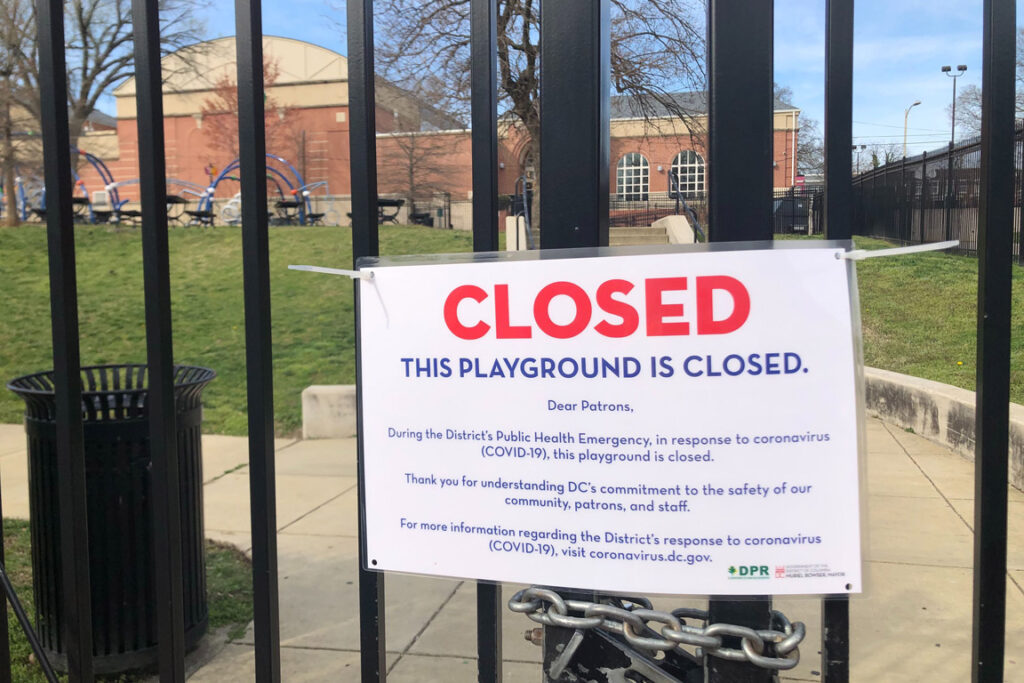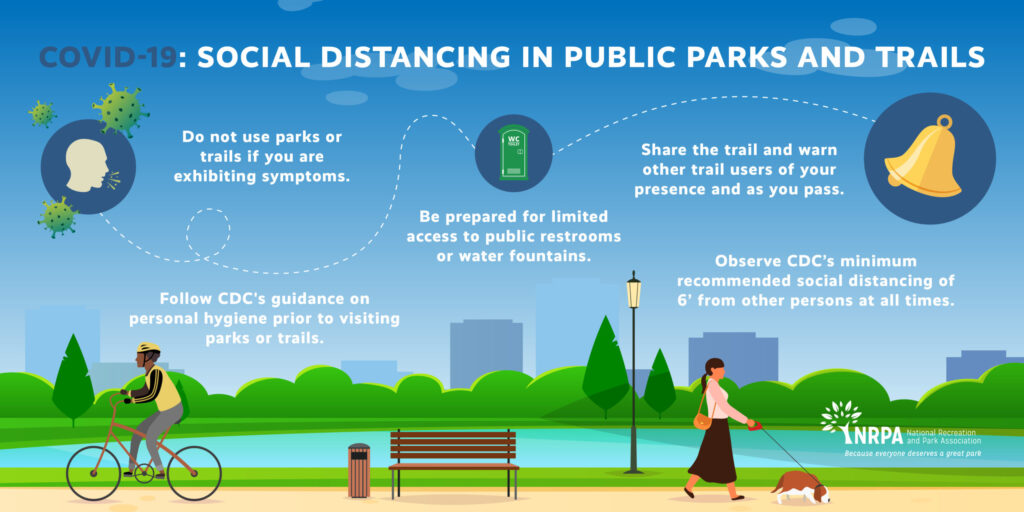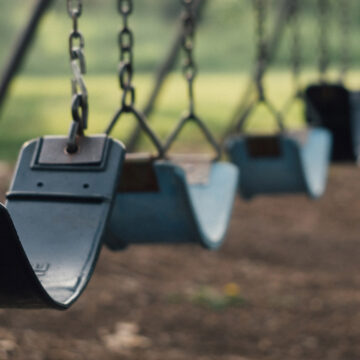A message on playgrounds and public spaces amidst the coronavirus pandemic from our CEO James Siegal.
My organization, KABOOM!, has built over 3,000 playgrounds with communities across America, so we know how critically important playspaces are to the health and wellness of kids and communities. But let me say in no uncertain terms that you should heed the guidance of public health officials and the orders of state and local governments to stay off of public playgrounds in order to keep your family safe and to limit the spread of the novel coronavirus.
From Louisiana to Ohio, and from Atlanta to Seattle, officials are closing public playgrounds because of the risk of spreading the virus. It is next to impossible to keep kids from touching every surface on a playground – that’s what makes playgrounds so fun and so critical to childhood development, from physical activity to cognitive and creative learning to social and emotional connection.

But in this public health crisis, it is also what makes playing on a public playground problematic. Depending on where you live and the particular restrictions being imposed in your region, there may be other healthy activities that are less risky alternatives during a pandemic. We signed on to a joint statement from the National Recreation and Parks Association to support the safe use of parks and open space while maintaining social distancing. My family has passed a soccer ball, gone for long walks together, and even biked several miles to my in-laws, so that my kids could wave to their grandparents from a safe distance.

With our community partners facing closures, our funding partners facing business challenges, and our project managers being grounded, we are definitely experiencing disruptions in our playground projects. But we are getting creative with engaging kids and communities in the design of their new playgrounds, and we stand ready to dig holes, mix concrete and build great playspaces once it is safe to do so.
If anything, this crisis demonstrates how valuable playgrounds are as community gathering places. As with many other issues, this crisis also highlights, and will likely exacerbate, the disparities that already exist in access to quality places to play. When the crisis abates, many families in more affluent communities will experience the joy of getting back to the local playground, which they probably had taken for granted prior to the days of social distancing.
However, in far too many communities — communities that have experienced disinvestment — kids don’t have a playground to return to. Take Philadelphia, for example, where two-thirds of public elementary schools don’t have playgrounds, disproportionately impacting black, Latinx and Asian-American students and their families. The very thing that will signal a return to normalcy is absent from the start.
That is why KABOOM! is committed to ending playspace inequity — because every kid should have a great place to play. When the time is right, we will be ready to get to work in communities across the country, and we hope you will roll up your sleeves with us.
